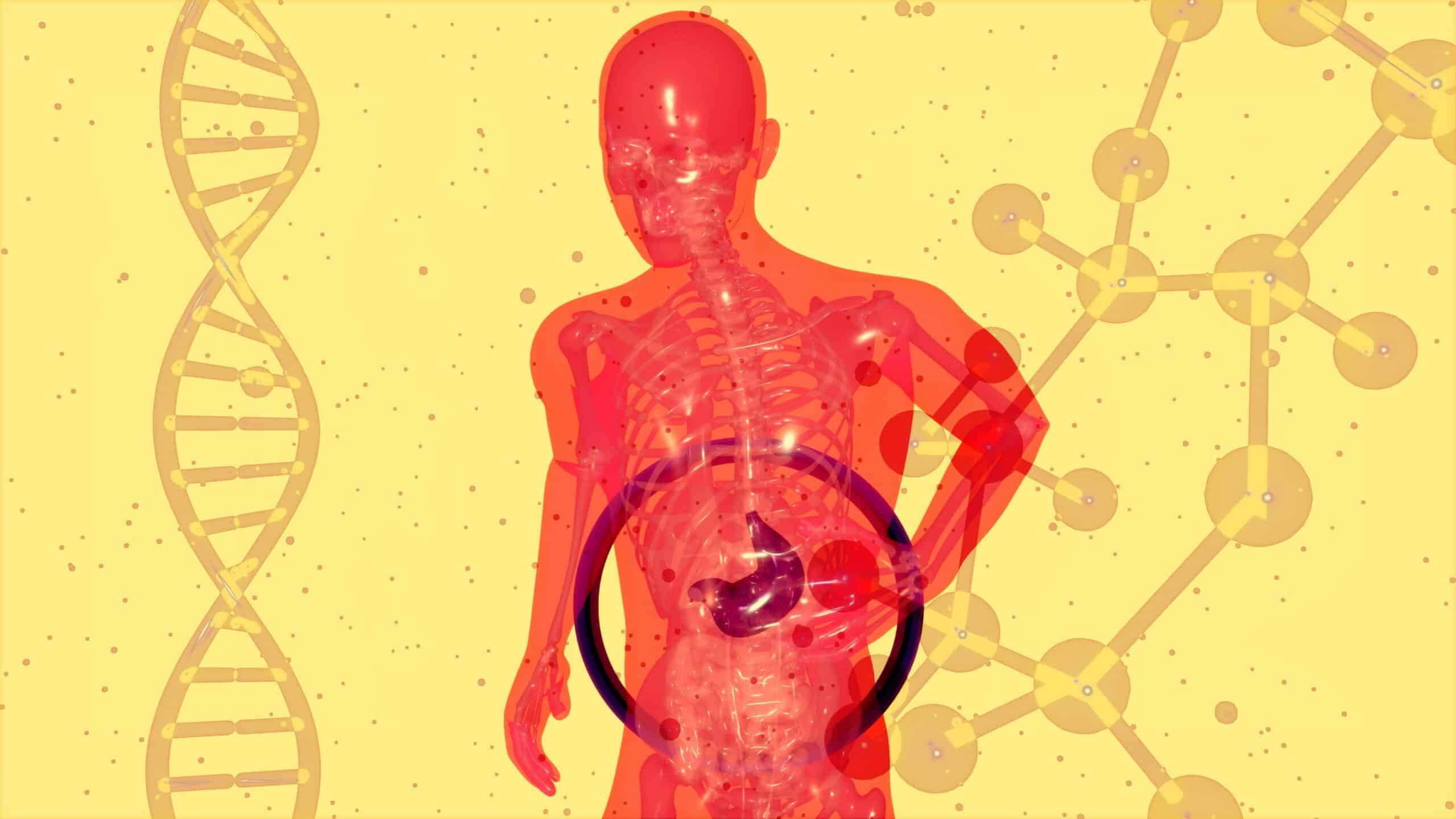When the weather starts to turn, it can cause a shift in the brain. Sometimes, that shift isn’t always for the better. Seasonal depression is sometimes called “seasonal affective disorder” (SAD), and it’s different from the seasonal funk that can sometimes set in when the days get shorter. Many people might experience an increase in addictive behaviors when faced with this type of depression, which we refer to as a “co-occurring disorder” or sometimes as a “dual diagnosis.”
At Lakeview Health, we can address how this mental health condition works, how you can identify it, and what you can do to treat the symptoms.
The Basics of Seasonal Depression
Seasonal depression refers to a type of depression that is brought about at different times of the year. It’s a regular occurrence: one that starts and ends at regular intervals. People are most likely to experience it when autumn rolls around, and in these cases, the condition usually continues into the winter. However, it is possible — although less common — to get it during spring or summer.
Women are more likely to experience seasonal depression than men. And younger people are more likely to experience it than older people. If you’re used to feeling depressed as soon as you know that summer is coming to an end, it’s important to keep track of your feelings.
Symptoms of Seasonal Depression
Symptoms of seasonal depression are similar to those of generalized depression. They include but are not limited to:
- Loss of interest in activities
- Low energy
- Insomnia or hypersomnia
- Feelings of hopelessness
You might also experience fluctuations in weight or feel agitated more often than usual. There are also specific symptoms that depend on when you get seasonal depression. For instance, a person who is experiencing SAD during the winter is more likely to gain weight. If they’re experiencing it during the summer, they’re more likely to lose weight. If left untreated, seasonal depression can bring about thoughts of suicide.
Risk Factors for Seasonal Depression
It’s not clear exactly what causes seasonal depression. However, the idea is that your biological clock is interrupted due to the reduced sunlight. That disruption of your internal rhythm may lead to negative feelings and thoughts. Sunlight is connected to your serotonin and melatonin levels. This may dampen your mood and influence your sleeping patterns.
If you have blood relatives who struggle with depression, you may be more likely to have SAD. Common co-occurring disorders include a diagnosis of bipolar or depression. Finally, SAD is more likely to occur in those who live further away from the equator. But even if it’s less likely to happen in Florida, it’s still a relatively common condition.
Treating Seasonal Depression
The treatment for seasonal depression is often light therapy, which can help trick your body into thinking it’s in the sun. There’s also medication and psychotherapy available, which may help you cope with SAD until the seasons begin to change again. In some cases, patients might have a dual diagnosis where they’ll need to be treated for both seasonal depression and addiction.
When to Seek Help for Seasonal Depression
It’s normal to be sad for a day or even a few days, especially right when the clocks change. This is not a cause for concern and doesn’t require professional help. However, if you’re starting to feel this way constantly or you find yourself canceling activities that you once enjoyed, seeing a specialist like the ones at Lakeview Health can help.
You should also be alarmed if you see big changes in your sleeping or eating patterns or if you’re relying on alcohol or other substances to feel relaxed. This disorder can cause anything from trouble at home to eating disorders to suicidal behavior. For this reason, the symptoms must be addressed sooner rather than later.
Learn More at Lakeview Health Today
Whatever it is that you’re struggling with, Lakeview Health understands the pressure. If you’re looking for help, whether you have seasonal depression or a dual diagnosis, we’re here to be of service. Contact Lakeview Health today to learn more.




